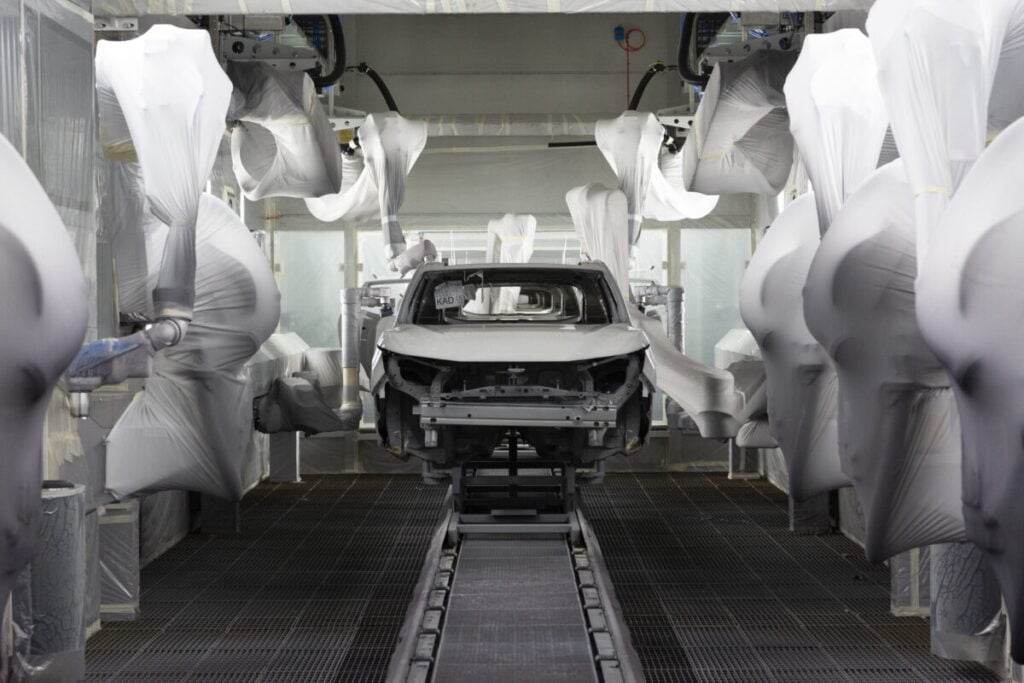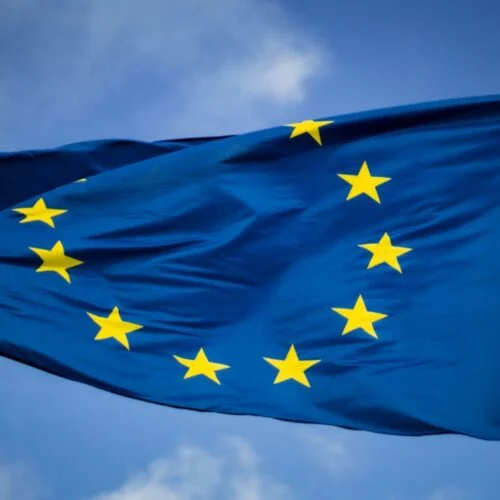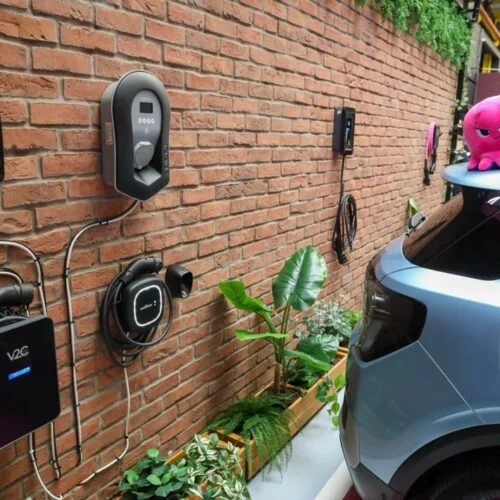The Chinese Ministry of Commerce has restricted exports of technologies integral to EV battery production in a move that threatens OEM plans to operate from the EU and US.
China has long led the EV race, with its competitive edge coming from the ability to develop batteries through national supply chains, making cost-effective battery technology widely available in the country.
According to the Chinese Ministry of Commerce and Ministry of Science and Technology, battery positive electrode (cathode) material preparation technology is “increasingly being used in sensitive fields”.
The new catalogue of technologies prohibited and restricted from export as set by the Ministries in China does not prevent export of batteries once ready for use in vehicles, but the components critical to production.
This, to include new battery lithium iron phosphate (LFP) preparation technology, battery lithium manganese iron phosphate (LMFP) preparation technology and phosphate cathode raw material preparation technology, means that transferring the technologies overseas will require a government-issued license.
These technologies are also important components of battery energy storage systems (BESS), for which supply chains are also being hit by global trade tensions. Based on data from Solar Media Market Research’s Battery StorageTech Bankability Ratings Report, there is an expected gradual move out of China for cell manufacturing for both EV and ESS. More coverage of this can be found on our sister site, Energy Storage News.
Tariffs imposed on Chinese OEMs have seen many aim to set up manufacturing outside of China—for example in the EU, where import tariffs were imposed to encourage manufacturing on the continent.
According to Ministry spokespeople, including the technologies in the catalogue will “help better coordinate development and safety and promote the safe and sustainable application and development of relevant technologies”.
CATL, the China-based OEM that is the largest global EV battery producer, supplying majors including Tesla, BMW and Volkswagen, has plants in Germany and Hungary.
Of the almost 22 million passenger EVs BloombergNEF predicts will be sold around the world this year, nearly two-thirds are expected to be sold in China, up from 65% of all EVs sold in 2024. By the year 2030, BloombergNEF estimates that China will have an EV penetration of 80%, while only 52% of European cars will be EVs.
The quarterly automotive industry demand forecast published by the Advanced Propulsion Centre UK (APC) last month suggested a rise in imported vehicles may impact European production, with competitive challenges from Chinese, South Korean and Japanese OEMs growing.
It also gestured that Chinese-made PHEV sales could increase in Europe as these circumvent the EU tariff on China-made BEVs that would inhibit their sale in the bloc.
Our publisher, Solar Media, will soon launch a brand-new site dedicated to global EV charging infrastructure developments. Called EV Infrastructure News, the site will track market trends, technological breakthroughs and project developments from around the globe. Please visit and follow the official LinkedIn page to learn more.






